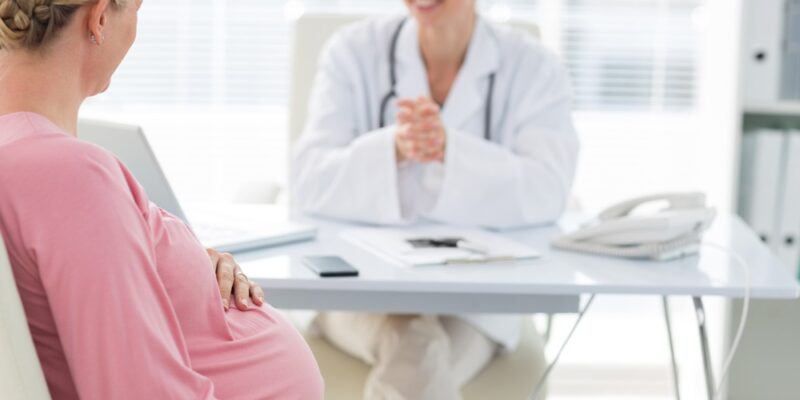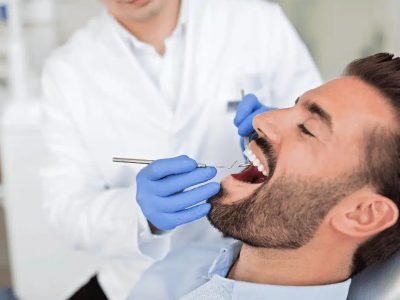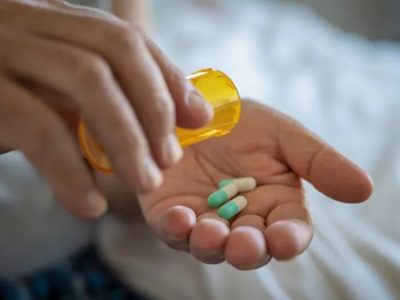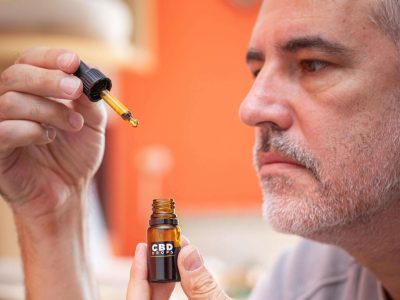Introduction
Fertility is the ability to conceive and deliver a healthy child, but as we age, our fertility decreases, and this decline is particularly noticeable in women whose fertility starts to decrease after they reach 35 years of age. Infertility is a prevalent problem that affects many couples, but medical advancements such as in vitro fertilization (IVF) can help them achieve pregnancy. IVF involves collecting eggs from a woman’s ovaries, fertilizing them with sperm in lab, and then implanting the embryo into the woman’s uterus.
Fertility and Ageing
Fertility in women and men depends on many factors, including age. Women are born with a limited number of eggs, and their fertility declines with age. Men produce new sperm throughout their lives, but the quality and quantity of their sperm decline as they age. Women are more likely to experience age-related infertility than men. According to statistics, the probability of a woman getting pregnant in a single menstrual cycle declines from about 25% in her early 20s to less than 5% after the age of 40.
Causes of Declining Fertility with Age
The decline in fertility with age is a natural phenomenon that affects both men and women. In women, fertility is largely determined by the quality and quantity of the eggs produced by the ovaries. Women possess a limited quantity of eggs from birth, which gradually decreases as they age. The quality of the remaining eggs also declines as women get older, which makes it more difficult for these eggs to be fertilized and develop into healthy embryos.
Several factors that contribute to the decline in egg quality and quantity in women as they age. One major factor is the accumulation of genetic mutations and chromosomal abnormalities in the eggs. These abnormalities can lead to problems with fertilization or embryo development, and increase the risk of miscarriage or birth defects.
Another factor that affects egg quality and quantity is the natural aging process of the ovaries. As women get older, their ovaries become less responsive to hormonal signals that are essential for ovulation and egg maturation. This can result in irregular menstrual cycles, fewer ovulations, and decreased production of high-quality eggs.
In addition to natural aging, there are several lifestyle and environmental factors that can also contribute to the decline in fertility with age. For example, smoking, alcohol consumption, and exposure to certain chemicals can all negatively impact egg quality and quantity. Obesity and poor nutrition can also have a negative effect on fertility by disrupting hormonal balance and ovulation.
Men also experience a decline in fertility with age, although this decline is less pronounced than in women. Like women, men produce fewer high-quality sperm as they age. The decline in sperm quality can be caused by several factors, including exposure to toxins and radiation, chronic health conditions, and lifestyle factors such as smoking and heavy alcohol consumption.
IVF Treatment
IVF is a medical intervention that assists couples experiencing infertility issues to conceive a child. The process includes the retrieval of eggs from a woman’s ovaries, fertilization of the eggs with sperm in a laboratory, and the subsequent implantation of the resulting embryo in the woman’s uterus. IVF is suitable for treating various infertility problems, including ovulation disorders, blocked fallopian tubes, and low sperm count.
Types of IVF procedures include traditional IVF, intracytoplasmic sperm injection (ICSI), and pre-implantation genetic testing (PGT). While IVF treatment can be successful, it is not always a guarantee of pregnancy, and there are both advantages and disadvantages to the procedure.
Egg Donation Centre in Noida
An Egg Donation Centre in Noida is a medical facility that provides egg donation services for couples struggling with infertility. Egg donation involves retrieving eggs from a donor and fertilizing them with sperm in a laboratory before implanting the resulting embryo into the recipient’s uterus. Egg donation is an option for women who cannot produce eggs due to age, medical conditions, or other factors. Choosing an Egg Donation Centre in Noida can provide many benefits, including high-quality donor eggs and experienced medical professionals.
Best IVF Doctor in Noida
Choosing the best IVF doctor in Noida is essential for successful IVF treatment. The best IVF doctor in Noida should be experienced, knowledgeable, and have a proven track record of success. It is also essential to choose a doctor who makes you feel comfortable and provides clear communication throughout the process. The best IVF doctor in Noida can help ensure a smooth and successful IVF treatment.
Conclusion
Infertility is a problem that affects a lot of couples. As we age, our fertility declines, particularly for women. In vitro fertilization (IVF) is a medical procedure that can help couples struggling with infertility to conceive a child. Choosing an Egg Donation Centre in Noida and the best IVF doctor in Noida can provide many benefits and increase the chances of a successful IVF treatment. It is essential to take action on infertility issues and seek help from experienced medical professionals. With the right treatment and support, many couples struggling with infertility can fulfill their dreams of having a family.








Comments